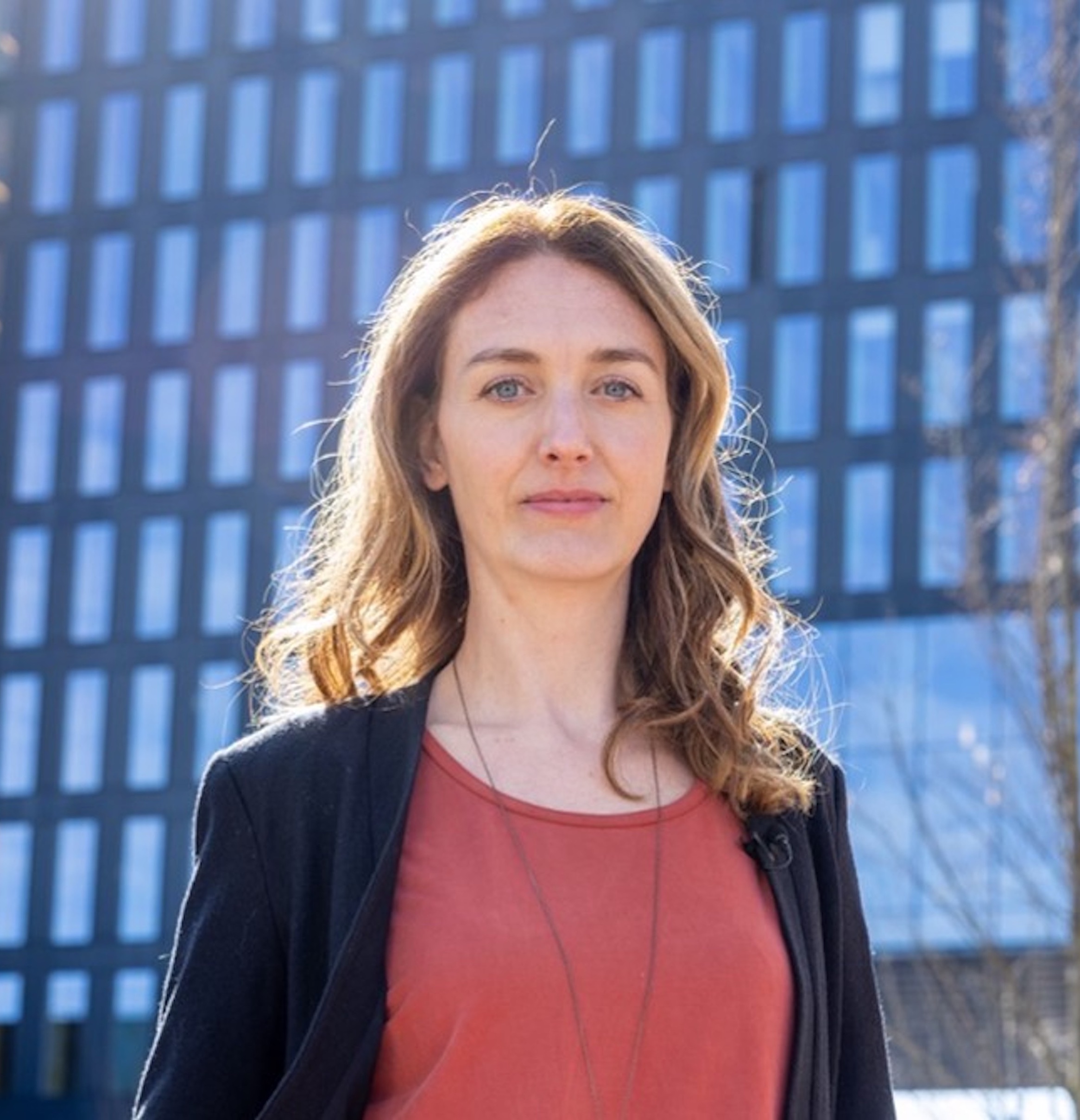
Renée Visser
Associate Professor
Research Interests
The last two decades of neuroscientific research have produced many new insights on the representation and dynamic nature of memory. This has generated a new and promising hypothesis on the malleability of emotional memories. Yet, most of this research has been restricted to simple associative fears in non-human animals; much less is known about how complex autobiographical memories (i.e., what we remember from our own lives) may change. As a cognitive neuroscientist with a background in clinical psychology I investigate brain mechanisms underlying the plasticity of emotional memory. Specifically, by combining behavioural experimentation with functional Magnetic Resonance Imaging (fMRI) I seek to gain fundamental insights into the evolution of autobiographical memory over time, as well as into procedures that target maladaptive processes underlying traumatic memories. In general, I am interested in how cognitive neuroscience can improve mental health care, by informing psychological treatment development and by increasing awareness of the neural processes involved in affective disorders.
Background
After completing a clinical master (2009, cum laude), and a research master (2010, cum laude), I did my PhD (2016, cum laude) with Prof Merel Kindt and Dr H. Steven Scholte at the University of Amsterdam. For my post-doctoral training (November 2015-August 2018) I worked with Prof Emily Holmes and Prof Rik Henson at the MRC Cognition and Brain Sciences Unit, University of Cambridge, United Kingdom. During this time I was gratefully supported by a Marie Skłodowska-Curie Individual Fellowship from the European Union.
In September 2018 I started working as an assistant professor in the Amsterdam Emotional Memory Lab, at the Clinical Psychology department, University of Amsterdam. My research is supported by a NWO Veni grant, "In search of the affective engram of autobiographical memory".